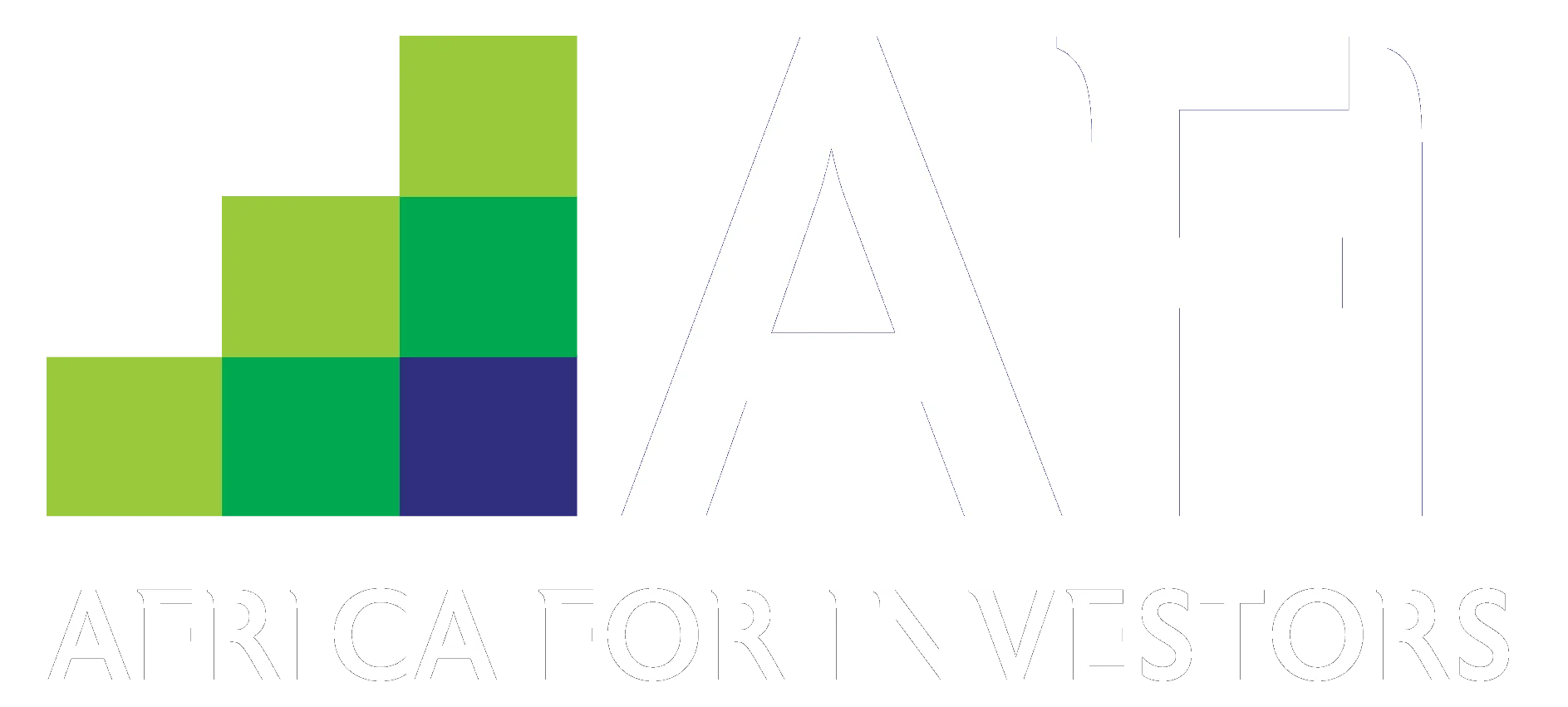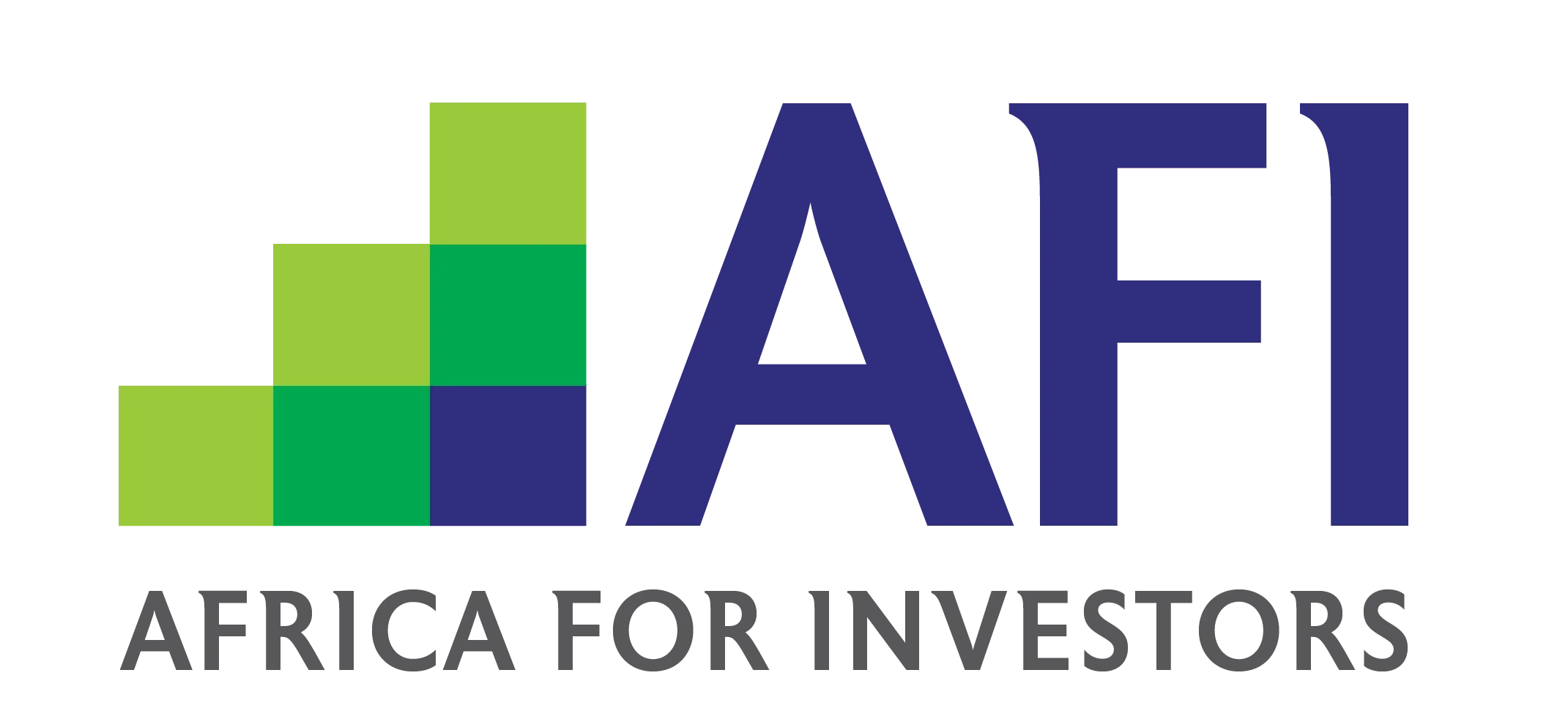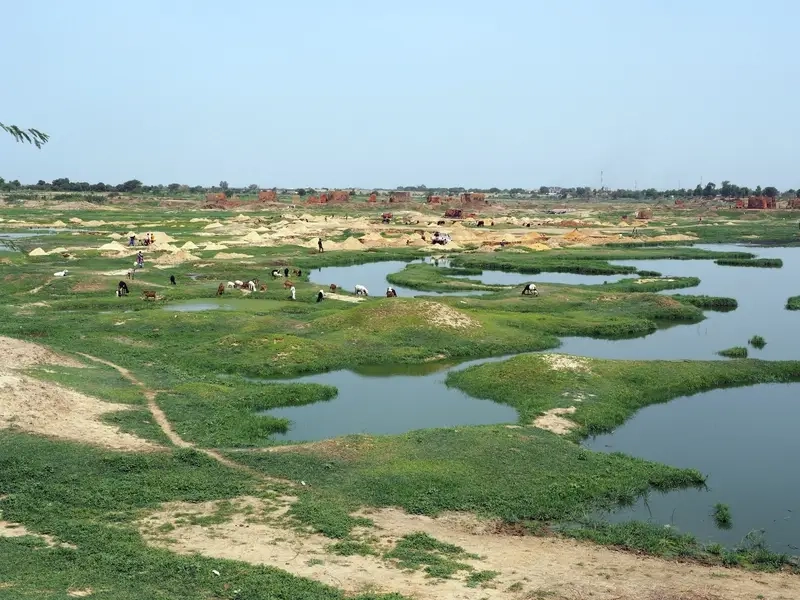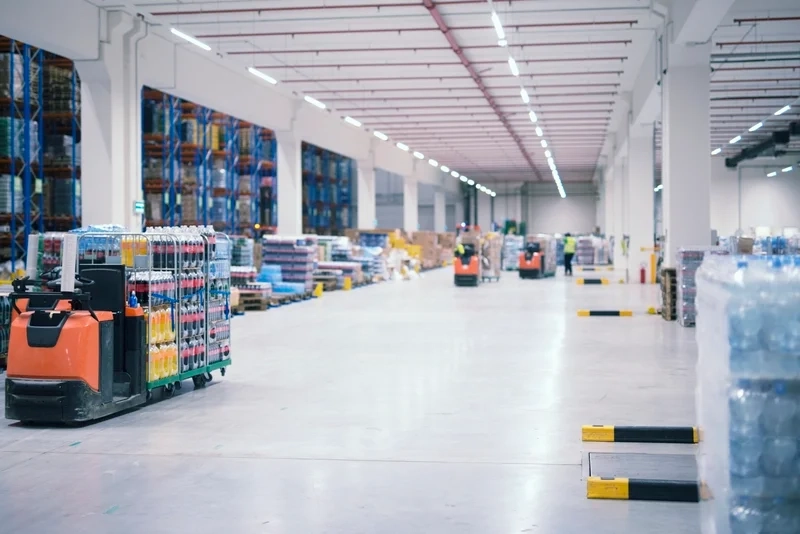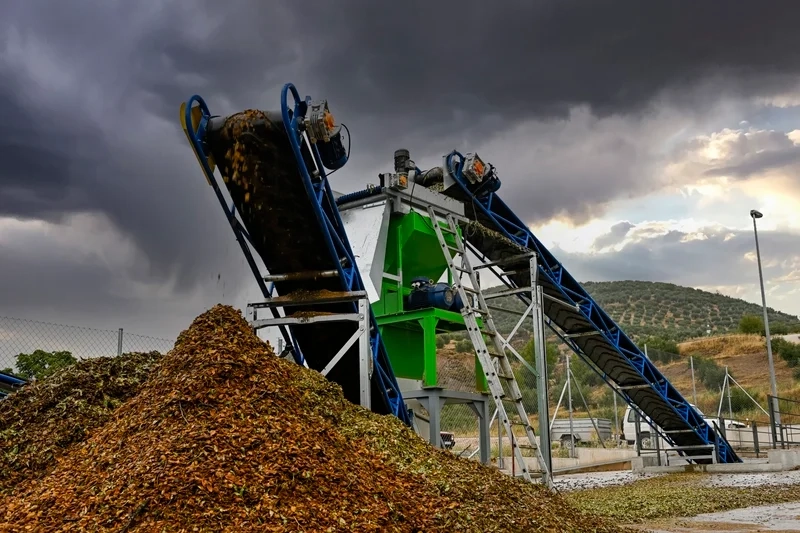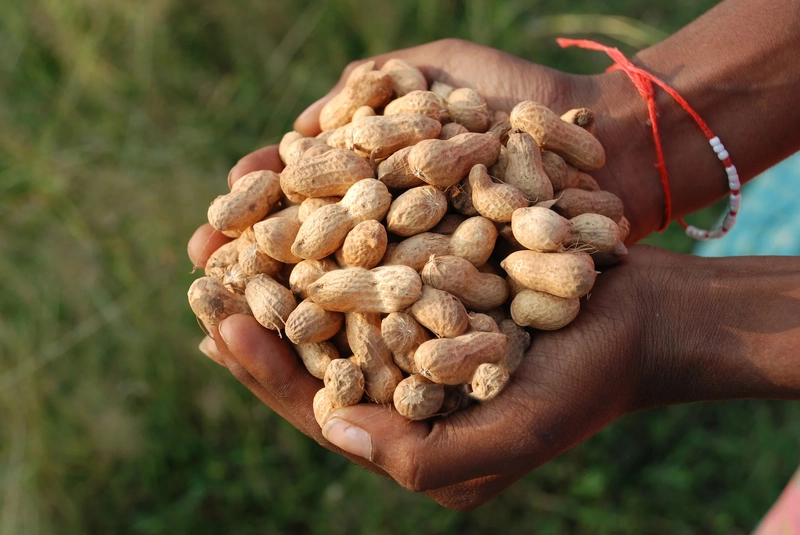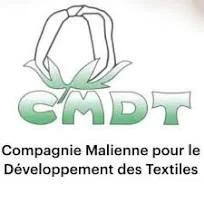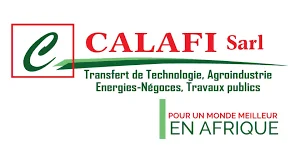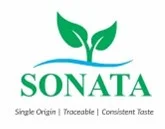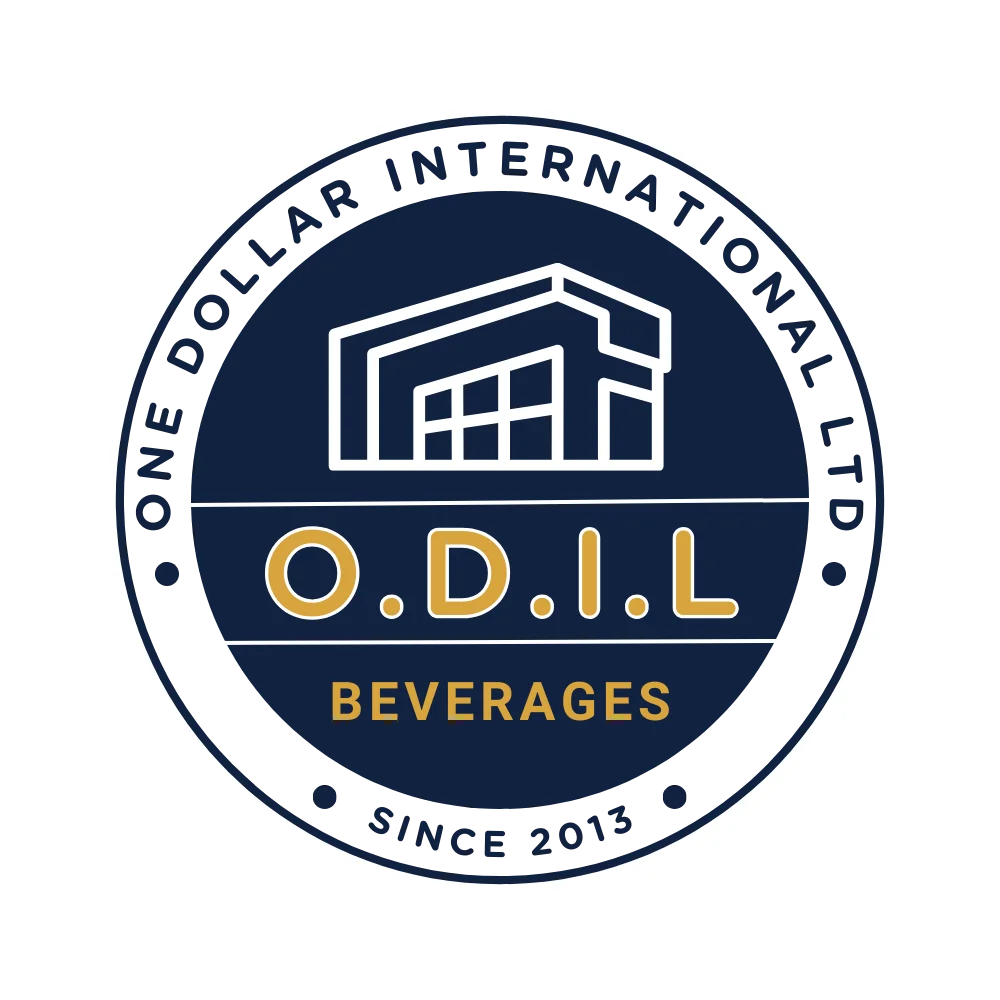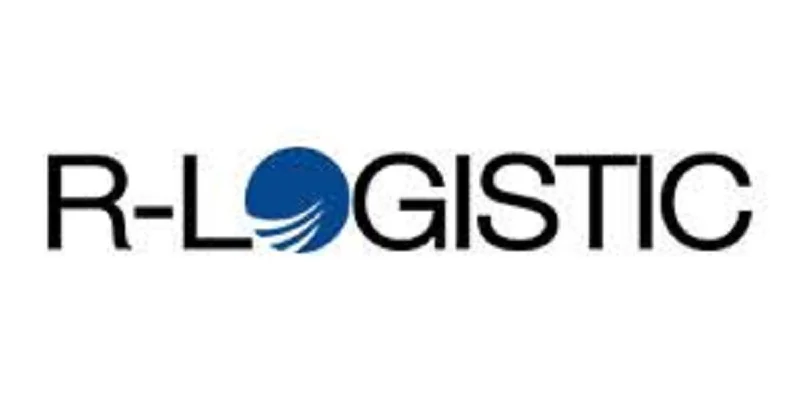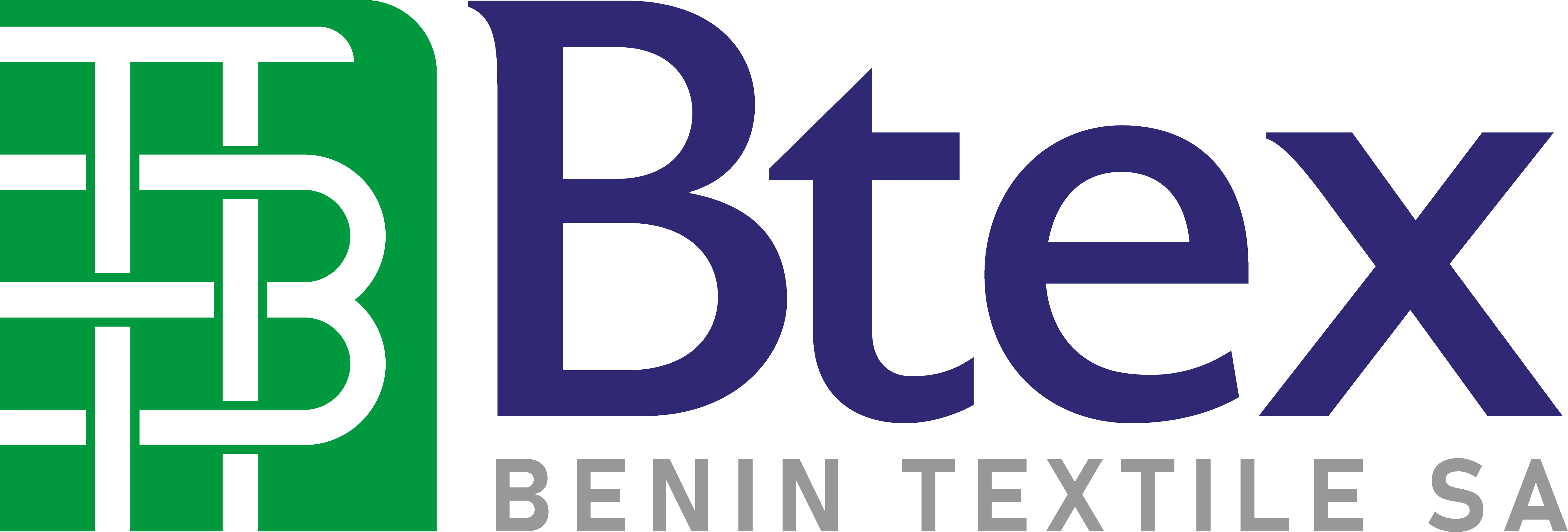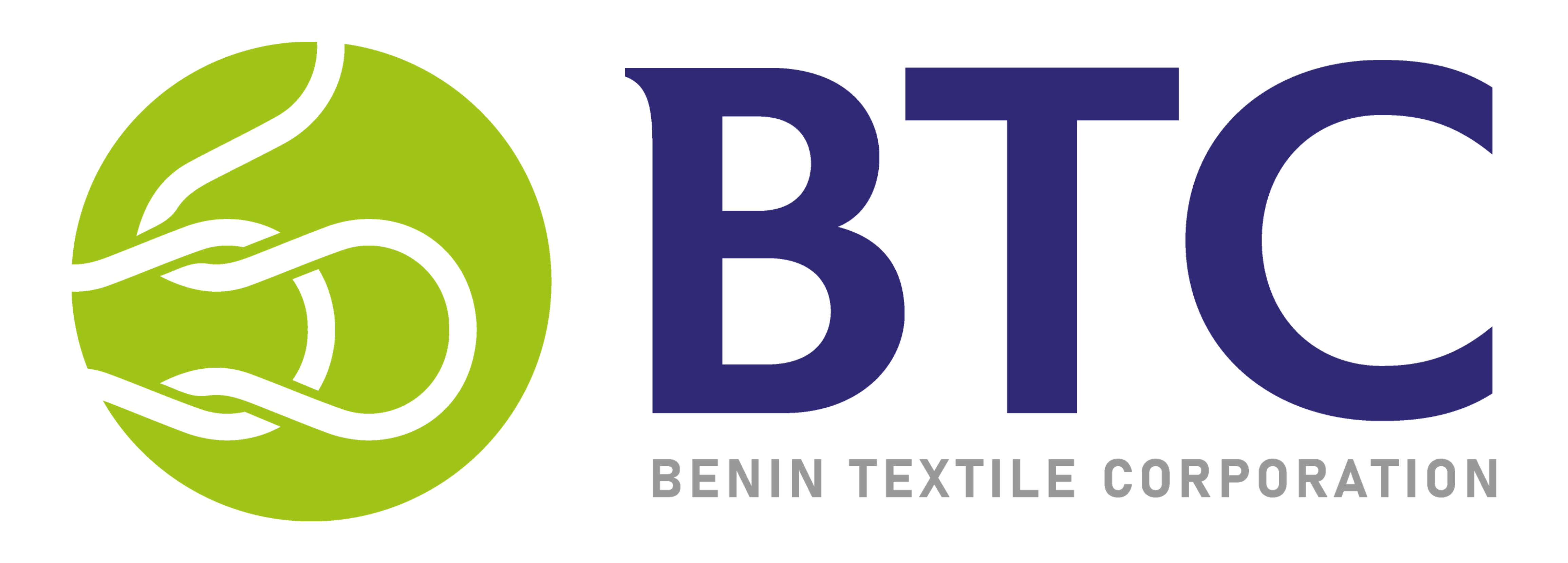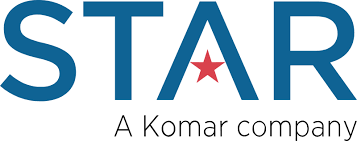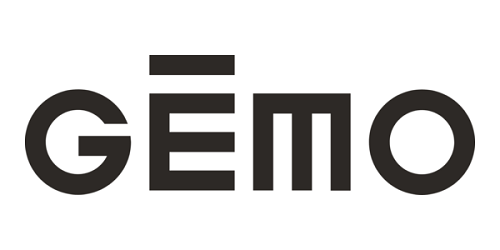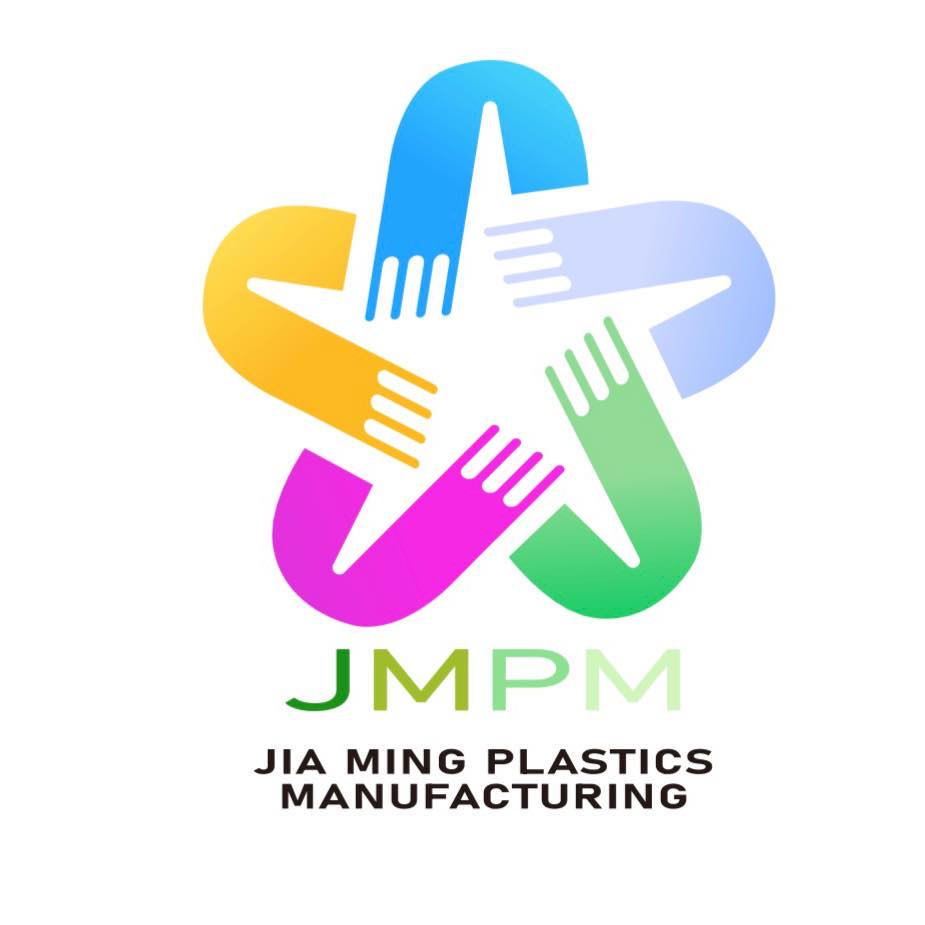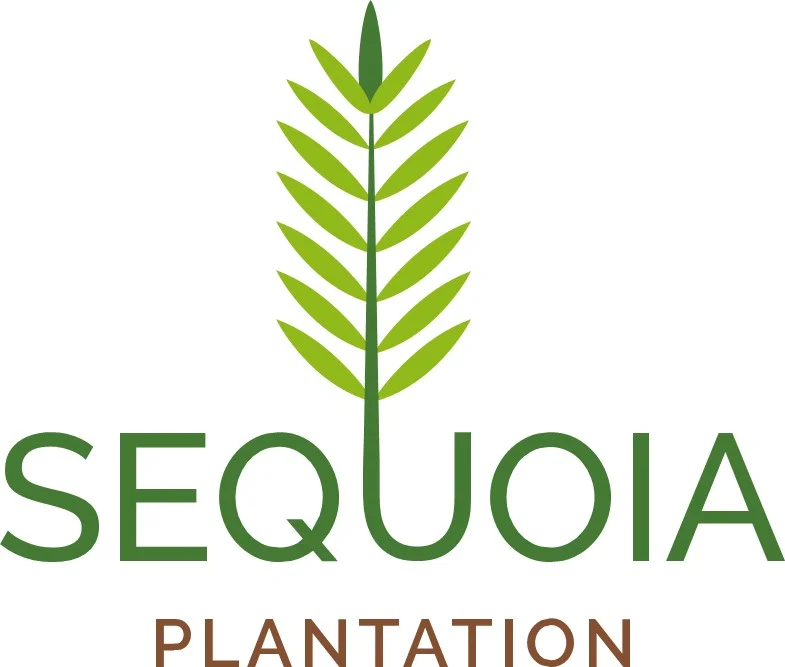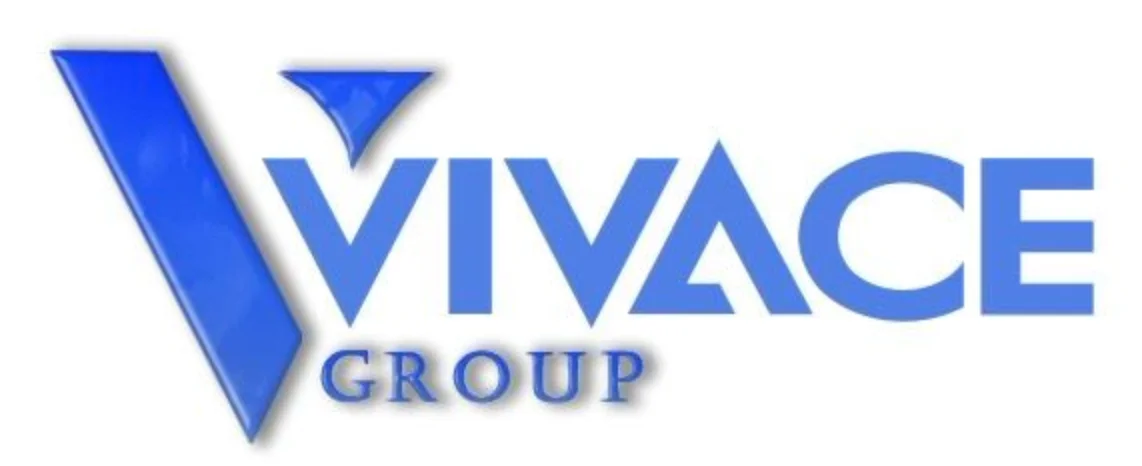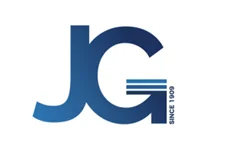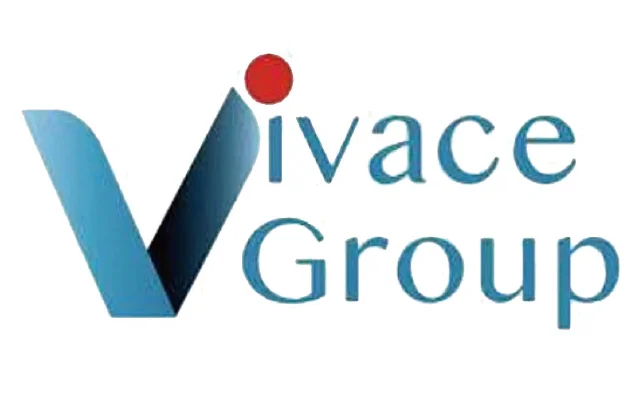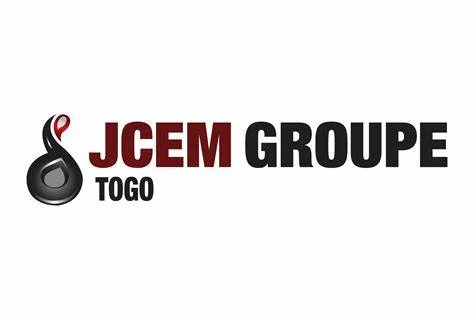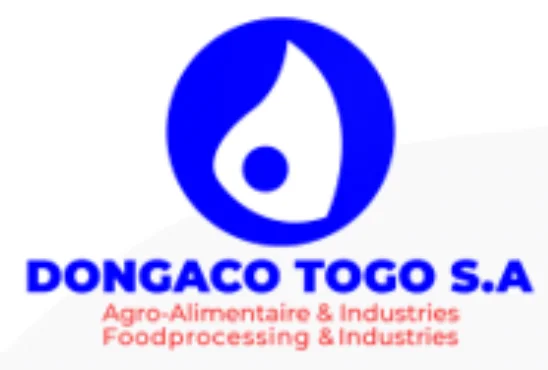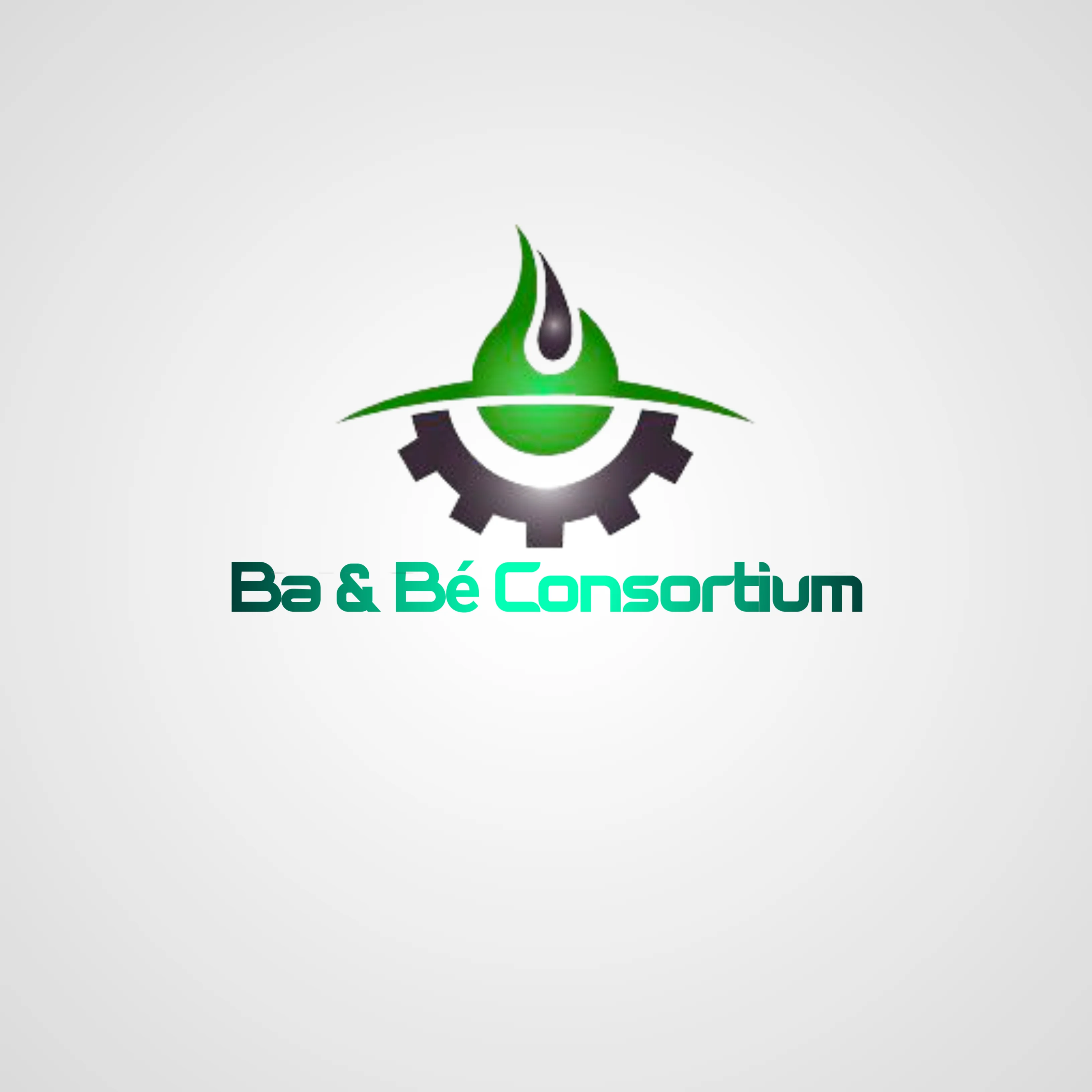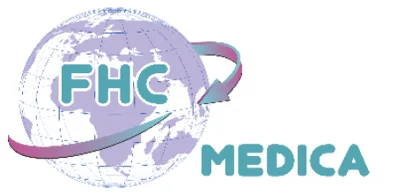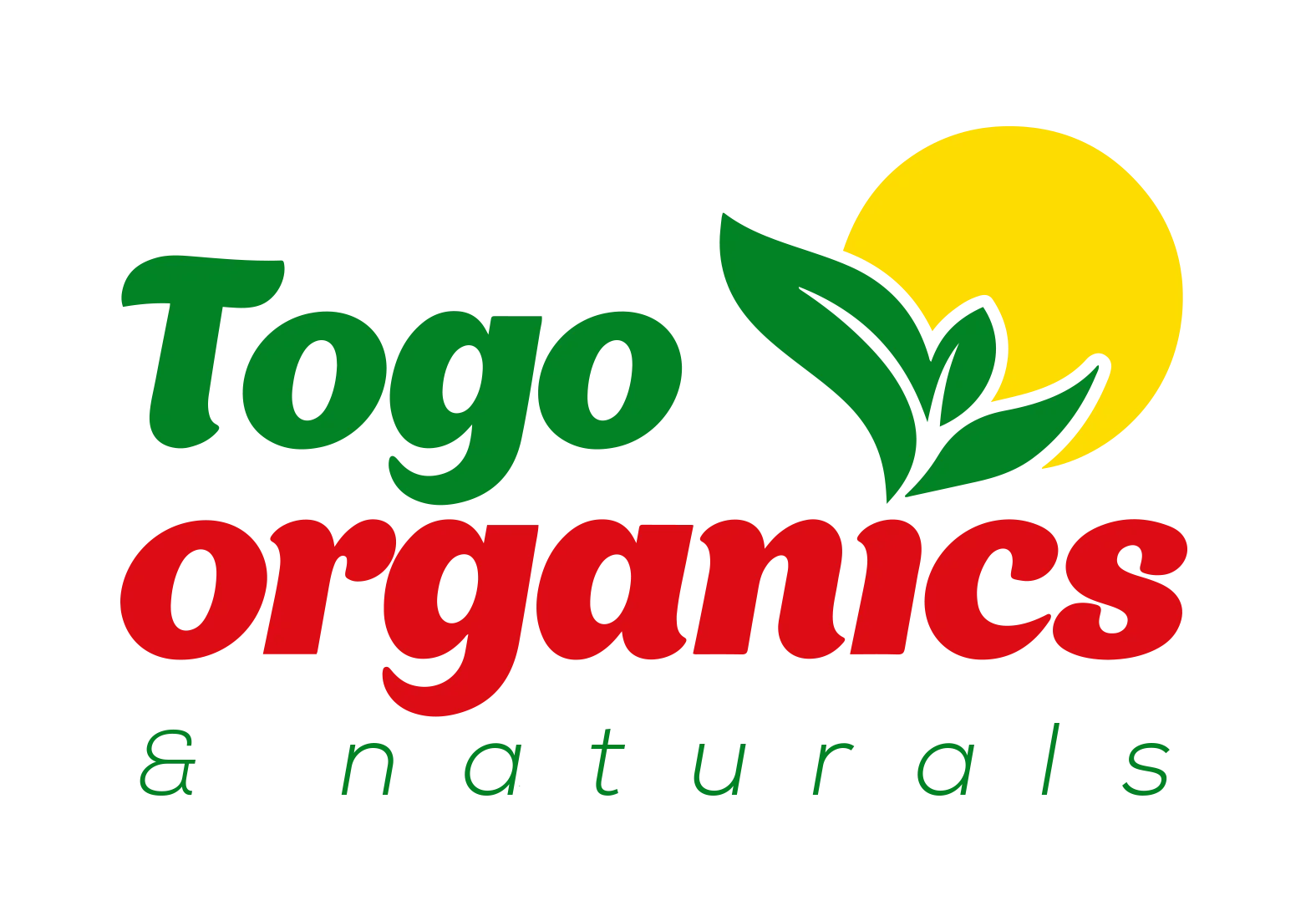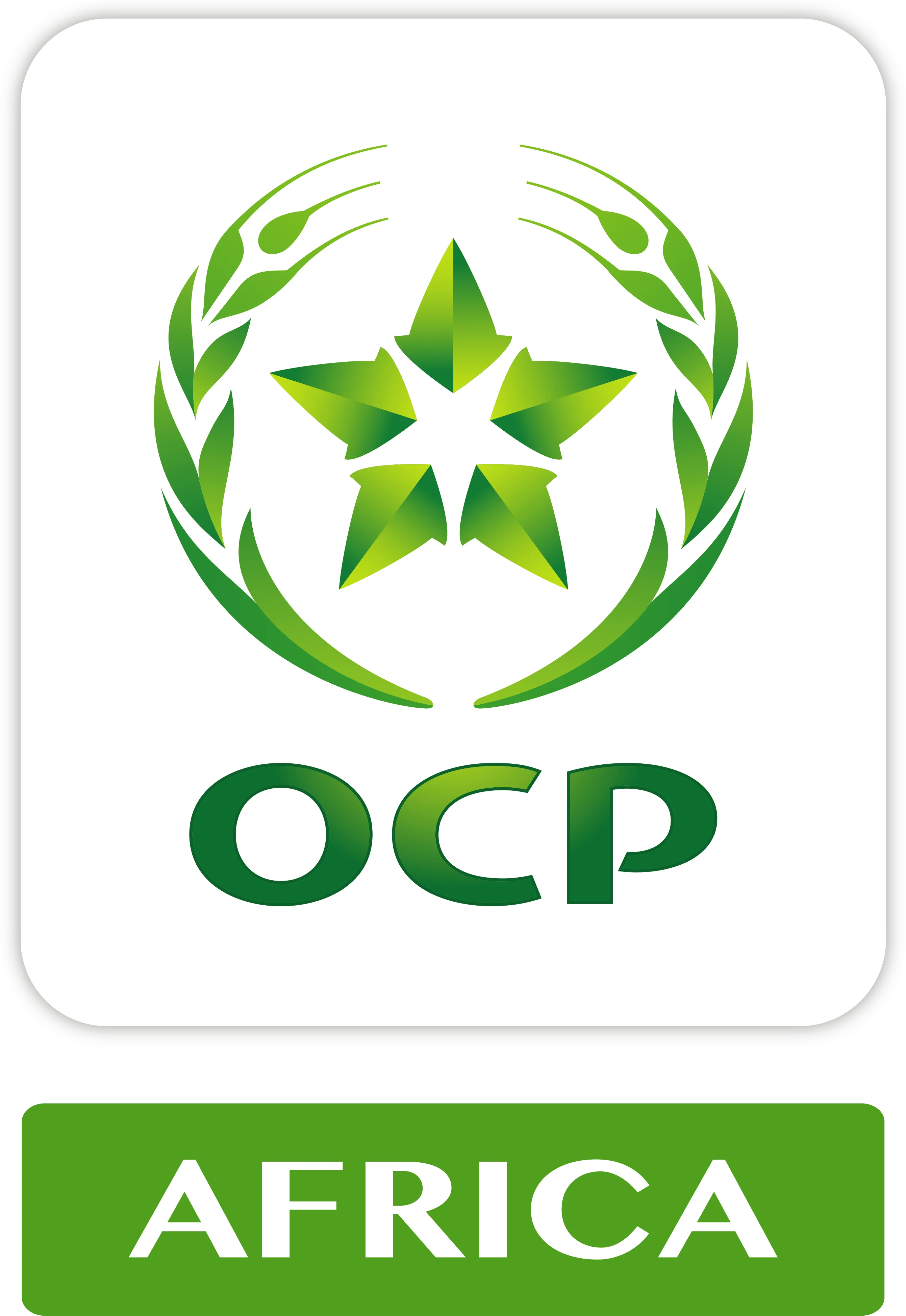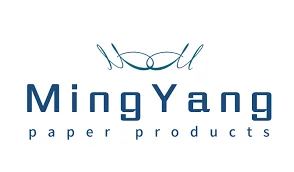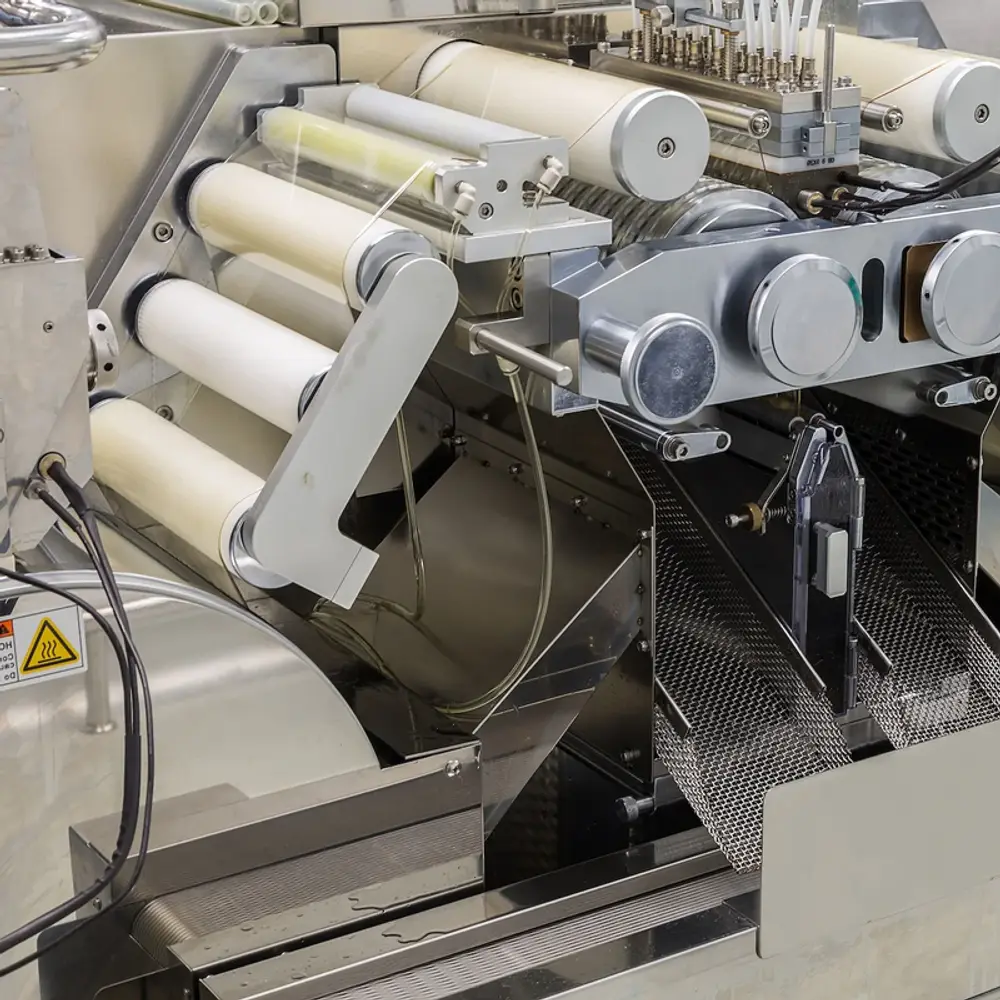Chad Key Stats:
- GDP per capita: 716.80 USD (2022)
- GDP: $12,704,149,842 (USD)
- Population: (2024 est.) 19,094,000
- Official Languages: Arabic; French
- Stable Currency: Parity with Euro (1 EURO = 656.42 FCFA)
- Affiliations & Memberships in International Organizations: AGOA, WBG, AfDB, WTO, AFD
- Land Area: 1,284,000 square kilometers (496,000 sq mi)
What are the top business opportunities for investors in Chad, Africa?
Chad is full of dynamic business opportunities for investors. Here are the key market highlights with high ROI.
- Natron mining: Natron (a complex sodium carbonate) is unloaded along the eastern shore of Lake Chad near Baga Sola, Chad. Natron is used as salt and in preparing soap and medicines.
- Oil: After further study, oil was discovered north of Lake Chad. Oil production began in 2003, and it soon rose to prominence as the nation's main export and resource. Chad produces 800,000 tonnes of peanuts per year and paradoxically, imports half of its consumption of edible oils.
- Mining: A 2010 geologic survey conducted by the Chadi government indicated that the country is rich in silver, diamonds, quartz, granite, tin, tungsten, limestone, sand, gravel, kaolin, and salt resources. Gold reserves can be found across Chad, including those mined in the country's southwest. There are also bauxite, titanium, and uranium mineral deposits.
- Livestock (MEAT PROCESSING): #1 Largest Producer/ Stock of Camel (8.8 M Head) in Africa and #2 Largest Producer of Live Cattle in Sub-Saharan Countries (15,5M heads) with the potential to grow processing as ~38% is as live exports and 32% as unused products which are bringing opportunity for Investment in Downstream Processing.
- COTTON TEXTILE & APPARELS: Produce 164k of Cotton (high quality), offering an opportunity to invest in cotton lint, Yarn, and Fabric manufacturing with potential additional benefits of by-products.
- Agro-Processing: Peanut production in Chad accounts for more than 850k Tons. Market Research has projected a 3.8% CAGR for the global peanut oil market for 2021 to 2031, with the market topping a valuation of US$ 13.7 Bn by 2031 offering an opportunity to invest in Oil Processing manufacturing.
- SOLAR ENERGY: The country has an average solar irradiation intensity between 4.5-6.5 kWh per m2 per day, with 2,850 to 3,750 hours of sunshine per year. This makes Chad an oasis for solar energy.
- PHARMACEUTICAL INDUSTRIES: Chad pharmaceutical imports have been growing at a CAGR of approx. 9% over the last 5 years, with the increasing population the demand for pharma will increase, mainly as import substitution there is an opportunity to invest in the pharmaceutical sector.
- OTHER SUPPORT INDUSTRIES (Warehousing, Cold Storage, Packaging & more): Proposed IZ expected to attract small, medium, and large-scale high-value sector units and support industries due to its accessibility to highways and availability of synergies with other industrial sectors.
What are the benefits of investing in Chad’s industrial zones?
Chad is developing industrial zones to attract foreign investment, with the aim of diversifying its economy. Benefits of investing in these zones include:
- Tax Incentives: Investors in industrial zones may benefit from tax exemptions, reduced duties on imports, and other financial incentives.
- Strategic Location: These zones offer proximity to major markets within Central Africa, enhancing trade opportunities.
- Infrastructure Development: The government is focused on improving infrastructure in these zones, providing reliable access to utilities and transportation networks.
- Business Ecosystem: Industrial zones are designed to create synergies between businesses, offering shared services and facilities that reduce operational costs.
What is the regulatory environment like for foreign investors in Chad?
Chad has taken steps to improve its regulatory environment for foreign investors, including the establishment of the National Investment Charter, which offers guarantees against nationalization and expropriation. However, navigating the regulatory framework can still be challenging due to bureaucratic hurdles and varying interpretations of regulations. Engaging local legal and financial advisors is crucial to ensure compliance and protect investments.
How profitable is it to invest in Chad?
Investing in Chad can be highly profitable due to its rich natural resources, particularly in oil, agriculture, and livestock sectors. The country’s strategic location in Central Africa also provides access to regional markets. However, profitability is often dependent on the sector of investment, local partnerships, and understanding of the regulatory environment. Key growth sectors include agribusiness, infrastructure, energy, and mining.
What incentives does the Chadian government offer to foreign investors?
The Chadian government offers several incentives to attract foreign investment, including:
- Tax Exemptions: Investors may benefit from tax exemptions for a specific period, especially in priority sectors like agriculture, infrastructure, and renewable energy.
- Customs Exemptions: Reduced duties on imported capital goods and raw materials are offered to encourage industrialization.
- Repatriation of Profits: The government guarantees the free transfer and repatriation of profits, dividends, and capital for foreign investors.
- Investment Guarantees: Legal protections are provided against expropriation and nationalization, with provisions for fair compensation in the event of such actions.
